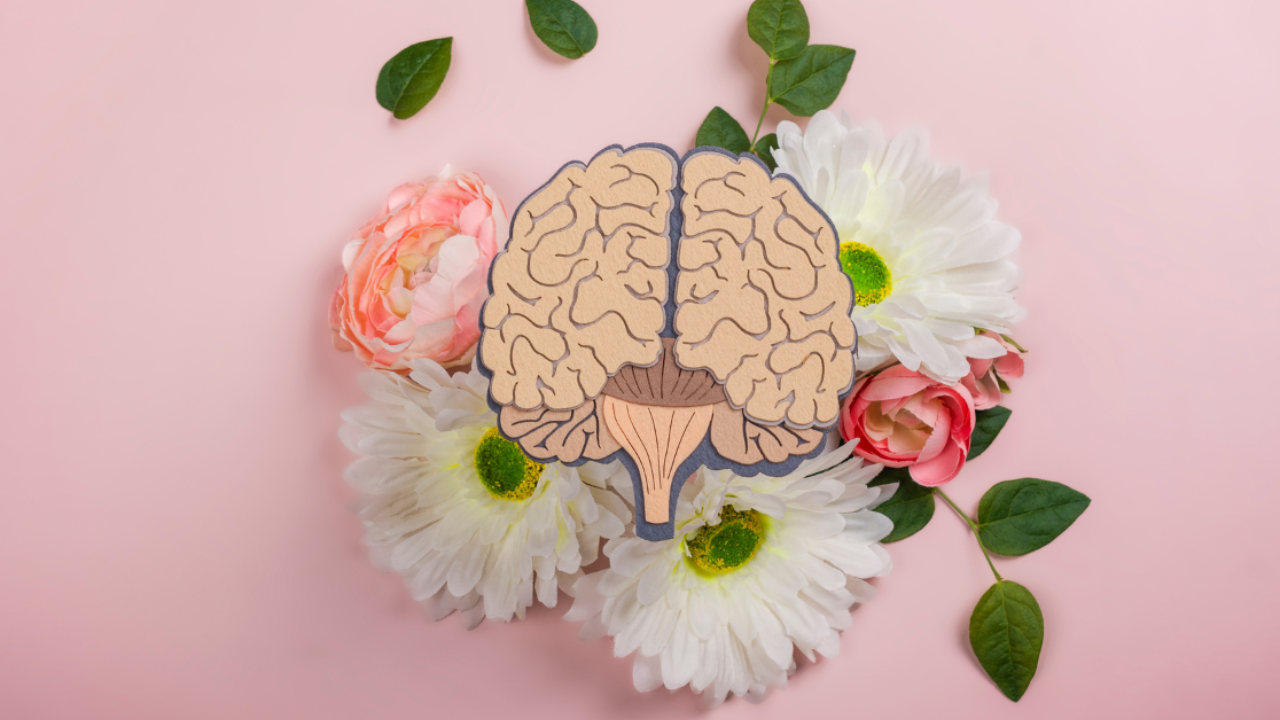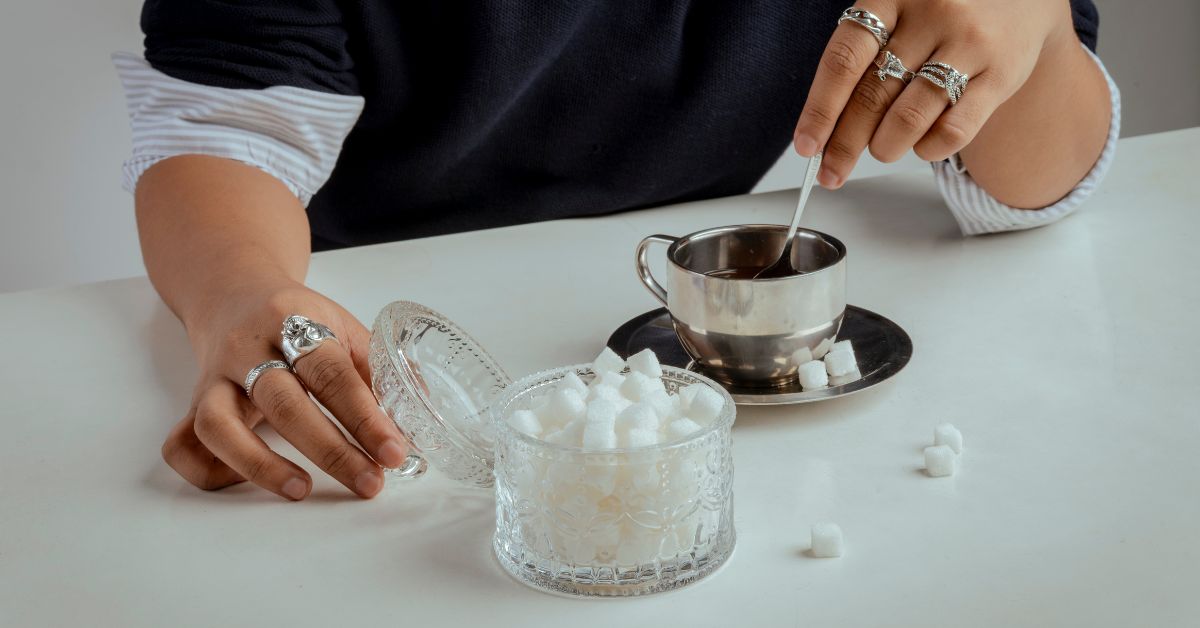7 Everyday Habits That Shrink Your Brain (Stop These Now)
Oct 07, 2025
Table of Contents
3. High-Sugar, Ultra-Processed Diet
4. Alcohol — Even in “Moderation”

1. Chronic Stress
Long-term stress isn’t just emotionally exhausting — it can actually change the structure of your brain. Research shows that chronic stress elevates cortisol, a stress hormone that in high amounts can reduce the size of the hippocampus — the part of your brain responsible for memory and learning.
- A comprehensive review found that chronic stress alters neuronal structure, suppresses the production of new neurons, and contributes to hippocampal shrinkage.
- In one study, women with a history of long-term stress had 5% smaller hippocampal volumes than those without such stress exposure (study link).
Simple Solutions:
- Schedule short daily “stress resets” — even 5 minutes of deep breathing or mindfulness meditation can help.
- Build stress-reducing habits like walking outdoors (especially in nature), journaling, or just calling a friend.

2. Sitting Too Much
Even if you hit the gym, long hours of sitting can still harm your brain. A seven-year longitudinal study found that older adults who spent more time sitting experienced greater brain atrophy and cognitive decline — even if they exercised regularly.
Another JAMA study confirmed that prolonged sedentary behavior was associated with a higher risk of developing dementia.
Simple Solutions:
- Set a timer to stand up and stretch every 30 minutes.
- Try “movement snacks” such as short walks after meals or between tasks.

3. High-Sugar, Ultra-Processed Diet
Your brain runs on glucose, but too much sugar and ultra-processed foods can inflame and damage the hippocampus, impairing learning and memory.
A BMC Medicine study found that even short-term exposure to high-fat, high-sugar diets impaired hippocampal-dependent memory.
Simple Solutions:
- Swap refined carbs and sweets for whole-food options like berries, nuts, and legumes.
- Focus on nutrient-dense, plant-rich meals to keep blood sugar steady.
- Click here to learn more about foods that help to protect the health of your brain.

4. Alcohol — Even in “Moderation”
Think a daily glass of wine is harmless? Well, a massive UK Biobank neuroimaging study found that even moderate drinking was linked to lower total brain volume and poorer white matter integrity.
Another analysis from the University of Pennsylvania showed that even one alcoholic drink per day could age your brain.
Simple Solutions:
- Cut back or opt for alcohol-free alternatives.
- Hydrate well and build alcohol-free days into your week.

5. Poor Sleep
Sleep isn’t just rest. It’s also when your brain clears waste, consolidates memory, and repairs itself. Lack of quality sleep has been linked to accelerated brain aging and structural brain changes.
- A Neurology study found that poor sleep quality was associated with “advanced brain age” in midlife.
- Another review confirmed that insufficient sleep contributes to brain atrophy and weaker brain connectivity.
Simple Solutions:
- Aim for 7–9 hours of quality sleep in a cool, dark, quiet room.
- Create calming pre-bed routines.
- To learn more about getting a sleep reset, download our free Sleep Reset eBook.

6. Sleep Isolation
Humans are wired for connection, and your brain literally benefits from it. Loneliness has been shown to increase dementia risk by around 30% (Nature Mental Health meta-analysis).
A large cohort study found that people with strong social engagement had a significantly lower dementia risk over time.
Simple Solutions:
- Schedule regular meetups, join interest-based groups, or volunteer.
- Stay socially and mentally active — both are protective for brain health.
- Click here for more strategies on preventing loneliness

7. Smoking
Smoking harms blood vessels, increases oxidative stress, and is strongly linked to brain shrinkage and dementia.
A large-scale MRI study showed that smokers had significantly lower gray and white matter volumes — especially in memory-related regions like the hippocampus.
The Washington University School of Medicine also reports that while quitting smoking stops further brain loss, the damage might not be fully reversible, so the sooner you stop, the better it is.
Simple Solutions:
- Focus on lung and cardiovascular health as part of your brain-protection strategy and seek support from your primary care doctor or other healthcare professional who can point you options such as nicotine replacement, therapy, or medication.
- For additional help with smoking cessation, consider visiting Smokefree.gov for free tools, apps, and texting programs, or call 1-800-QUIT-NOW to connect with your state's free telephone quitline for one-on-one coaching. Other helpful resources include the American Lung Association's Freedom from Smoking program, and the National Cancer Institute's quitline at 1-877-44U-QUIT.
Conclusion
The habits that harm your brain often seem small in the moment — a late night here, an extra drink there, a skipped walk. But over time, they can add up to real, measurable brain changes.
The flip side is that even small, consistent changes can protect your brain and preserve your cognitive health.
If you’re a woman over 50, now is the time to double down on healthy habits — not just for your body, but for your brain.
Dr. Diane Thompson, MD is board-certified in Physical Medicine and Rehabilitation with a subspecialty in Brain Injury Medicine. She is also board-certified in Lifestyle Medicine and holds certification in Age Management Medicine, longevity science, health coaching, yoga, and medical acupuncture. She helps women over 50 use Lifestyle Medicine and longevity science to reverse and help control chronic diseases and age healthfully. She is the author of this Amazon bestseller.
🚀 Do you need my help with Lifestyle Medicine Coaching and Consulting to improve your health, help with disease management or weight loss, and promote healthy aging? Click this link
Disclosure: The information presented is for educational purposes and is not meant for diagnosis or treatment. No physician-patient relationship is intended. Discuss with your physician prior to making any changes to your health. Some of the links in this blog may be affiliate links, which are of no additional cost to you and allow me to keep the content free. These are products I’ve personally used.
Subscribe to MoRadiance® Woman Newsletter, the #1 newsletter for women over 50 who are looking for the latest strategies to maintain health, wellness, radiance, and longevity as they age. Each month I will share the latest age-management and lifestyle medicine strategies in your inbox.
